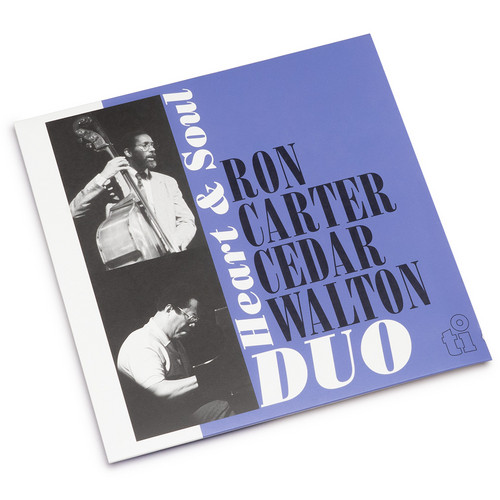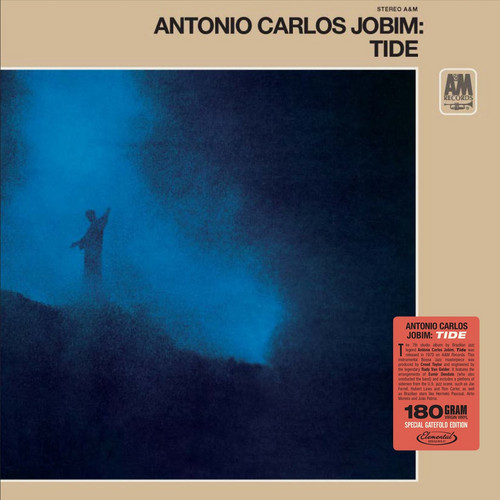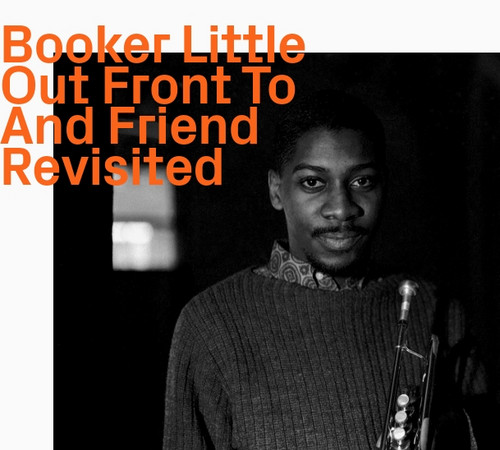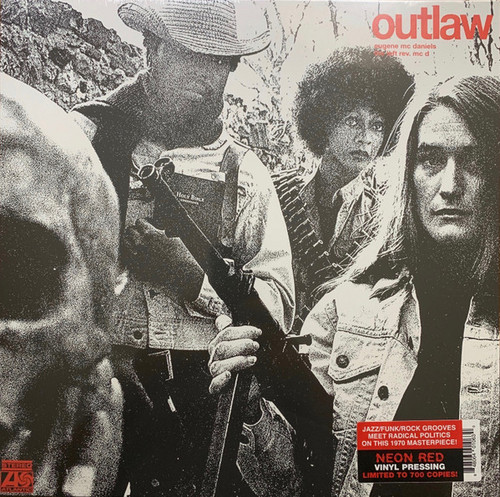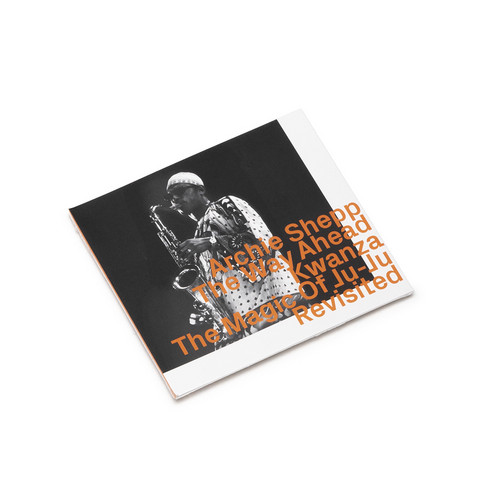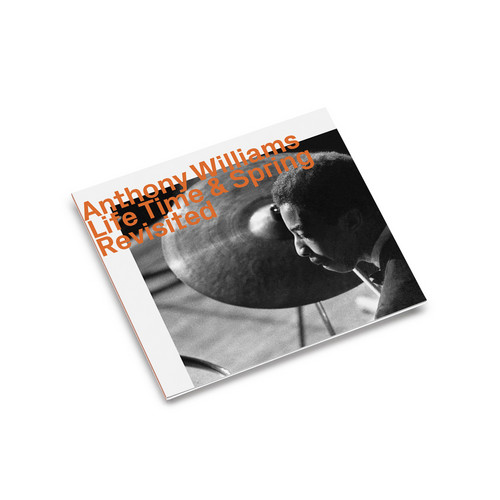Ron Carter
Heart & Soul
Released in 1982, “Heart and Soul” is a collaboration between bassist Ron Carter and pianist Cedar Walton, two jazz giants renowned for their impeccable musicianship. The album showcases their exceptional interplay and deep understanding of jazz standards. Title track “Heart & Soul”, “Frankie and Johnny”, “Little Waltz” highlight their ability to communicate and improvise with sophistication and emotion. The album is a testament to the enduring appeal of jazz standards and the artistry of two ma…
Out Front To And Friends „Revisited"
"The material on From Out Front To Booker Little And Friend Revisited is Little’s collective chef d’oeuvre. It is exploratory but also strewn with retentions from tradition. The dense yet sonorous dissonance, the graceful tempo and metre shifts, the extended forms that give equal weight to composed and improvised sections, together these „alter the present“ and „direct the past“." – Chris May
Outlaw
In the early- to mid-'60s, Gene McDaniels was a successful singing star. He hit the charts with the singles "A Hundred Pounds of Clay," "Tower of Strength," and "Chip Chip". However, McDaniels was a more thoughtful and politically conscious man than his hits would suggest, and after the assassination of Martin Luther King, he left America to live in Europe and focus on songwriting. When he returned to the US in 1970, he was billing himself as Eugene McDaniels the Left Rev. Mc D, and his music to…
The Way Ahead - Kwanza - The Magic of Ju-Ju, revisited
Temporary Super Offer! Allow me to expand on a much restated quote from Albert Ayler: "Coltrane was The Father, Pharoah was The Son, and I was...The Holy Ghost.” If we remain with the Christian iconography, that makes Archie Shepp, Simon Peter, or the Apostle Peter whom Jesus called the rock upon which he built his church. Christened by his tenure in the early 1960s with Cecil Taylor, Shepp was baptized into what we now call a modernist approach. In meeting Coltrane, a man always searching for a…
Life Time & Spring (Revisited)
Temporary Super Offer! "Life Time posited a radicalism quite different from the other watershed recordings of 1964. Anthony Williams had an overt, unconventional approach to form, accentuated by the time constraints of a LP side and the various configurations he employed... By the time the 19-year-old Williams returned to Van Gelder Studio to record Spring with Hancock, Peacock, Rivers, and Shorter, the avant-garde was ascending... He retained some of the parameters
of Life Time ..." - Bill Sho…
